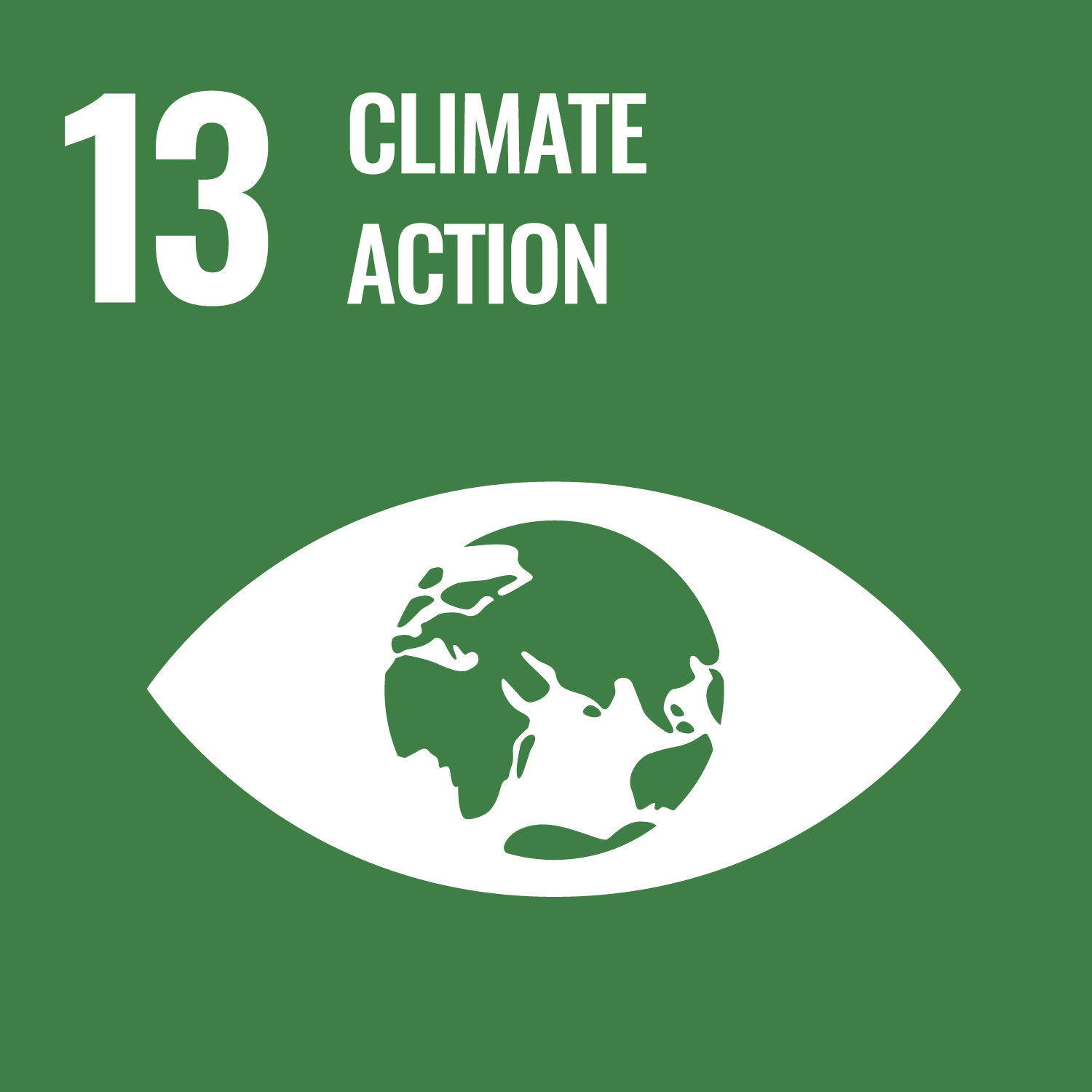Funding climate adaptation of smallholder farmers using e-vouchers in Kenya
Aligned SDGs


- Funding climate adaptation of smallholder farmers using e-vouchers in Kenya
- General overview
- Intervention
- Location
- Last data update
- Spreadsheet of data
- Funding climate adaptation of smallholder farmers using e-vouchers in Kenya
- General overview
- Intervention
- Location
- Last data update
- Spreadsheet of data
General overview
Stage of development: Late stage
Policy sectors: Environment and climate change
Type of instrument: Social Impact Incentives (SIINC)
Delivery locations: Kenya
Country classification: Lower-middle-income
Intervention
Social or environmental challenge
The program addresses several market failures that hinder the effective implementation of outcomes-based financing (OBF) for climate adaptation among smallholder farmers.
Firstly, traditional financial institutions often perceive smallholder farmers as high-risk borrowers, resulting in limited access to debt financing despite their critical role in food security and climate resilience. Secondly, inadequate data and metrics to measure and verify climate adaptation outcomes create uncertainty for investors, hampering funding opportunities. Thirdly, the absence of tailored financial products and risk-sharing mechanisms further discourages investment in climate-smart initiatives. Lastly, the lack of coordination and collaboration among stakeholders in the OBF ecosystem limits the scalability and impact of climate adaptation projects.
By addressing these market failures, the program aims to unlock funding and drive positive change in the agriculture sector, promoting climate resilience and sustainable development.
Description of the intervention
The Pepea Capital's climate adaptation project aims to revolutionize financing opportunities for 400 smallholder farmers in Kenya, fostering climate resilience in vulnerable communities. Through their Outcomes Accelerator platform, Pepea Capital collaborates with Ministry of Agriculture in Kenya, investors, and service providers, to address market barriers and unlock funds for outcomes-based financing initiatives. The project targets the pressing need for climate adaptation among 400 smallholder farmers, who face increasing challenges.
By leveraging debt financing, the project seeks to empower smallholder farmers with access to essential resources and technologies that enhance their ability to adapt to climatic uncertainties. The desired outcomes include increased climate resilience, improved agricultural productivity, and enhanced livelihood opportunities. The initiative aims to promote sustainable land management practices, encourage the adoption of climate-smart agricultural techniques, and strengthen local value chains and markets.
Through careful monitoring and evaluation, the project aims to demonstrate the positive impact of outcomes-based financing on climate adaptation and the potential for replication and scaling in other regions. By fostering collaboration among stakeholders, Pepea Capital's project strives to create lasting change, contributing significantly to the achievement of Sustainable Development Goals and ensuring a more sustainable and resilient future for smallholder farmers and the broader community.
Location
Country:
- Kenya
Locality:
- Kenya
Last data update
Data for this pipeline project was last updated in August 2023
You might have noticed that some pipeline projects have more data than others. This is because organisations can share as much data as they want with the INDIGO initiative. If you have more data on one of these pipeline projects and would like to share with us, please get in touch at indigo@bsg.ox.ac.uk. Our full list of variables and data definitions can be found here.
Spreadsheet of data
Important Notice and Disclaimer on INDIGO Data
INDIGO data are shared for research and policy analysis purposes. INDIGO data can be used to support a range of insights, for example, to understand the social outcomes that projects aim to improve, the network of organisations across projects, trends, scales, timelines and summary information. The collaborative system by which we collect, process, and share data is designed to advance data-sharing norms, harmonise data definitions and improve data use. These data are NOT shared for auditing, investment, or legal purposes. Please independently verify any data that you might use in decision making. We provide no guarantees or assurances as to the quality of these data. Data may be inaccurate, incomplete, inconsistent, and/or not current for various reasons: INDIGO is a collaborative and iterative initiative that mostly relies on projects all over the world volunteering to share their data. We have a system for processing information and try to attribute data to named sources, but we do not audit, cross-check, or verify all information provided to us. It takes time and resources to share data, which may not have been included in a project’s budget. Many of the projects are ongoing and timely updates may not be available. Different people may have different interpretations of data items and definitions. Even when data are high quality, interpretation or generalisation to different contexts may not be possible and/or requires additional information and/or expertise. Help us improve our data quality: email us at indigo@bsg.ox.ac.uk if you have data on new projects, changes or performance updates on current projects, clarifications or corrections on our data, and/or confidentiality or sensitivity notices. Please also give input via the INDIGO Data Definitions Improvement Tool and INDIGO Feedback Questionnaire.